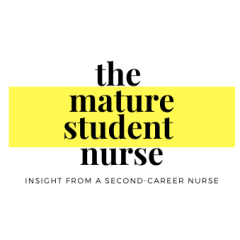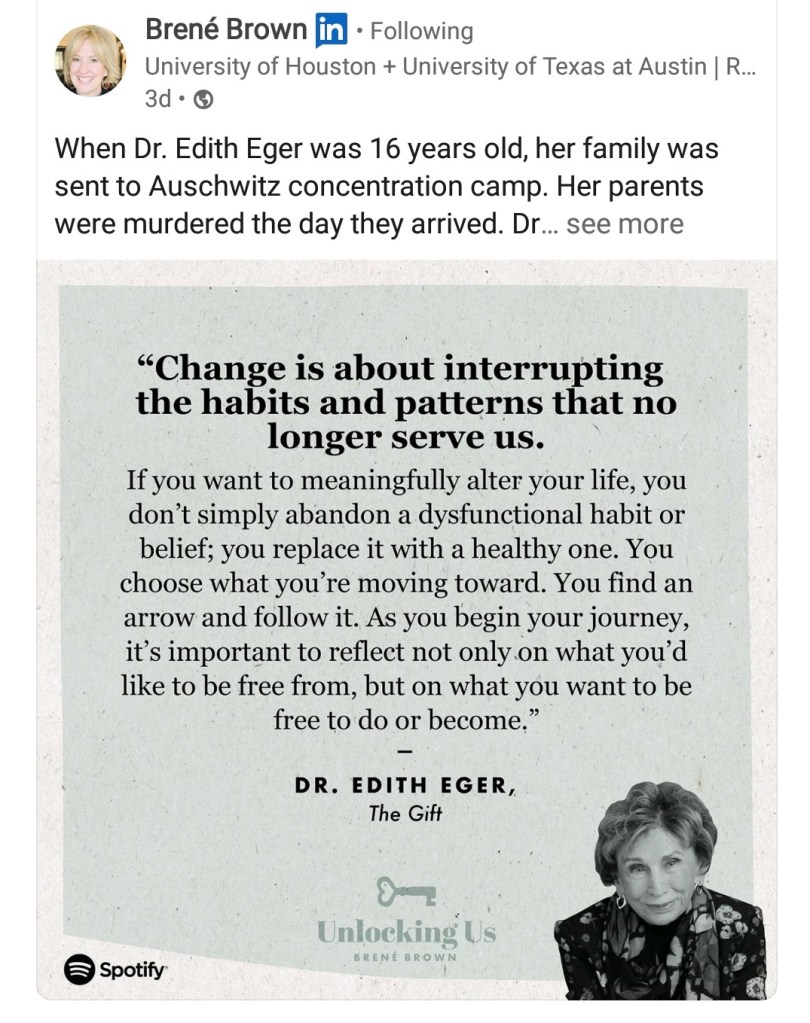I have not posted in a while because I have been busy with some life changes. I recently resigned from my new grad RN job and accepted an offer to work at another hospital. What could have possibly taken me away from my #1 choice hospital and my highly pursued new grad program? A spot in my dream unit, the NICU!
It was tough for me to leave my program since I felt like the people were supportive overall. I truly appreciated the environment, community, and staff. I was learning a lot and growing as a nurse. However, my experience as a new grad RN working in the Float pool with adult patients also affirmed that my ultimate goal is to work with babies in a NICU.
My hospital has a NICU, which was a big reason I applied to their new grad program – I had hopes to move into their NICU eventually, especially after having a NICU preceptorship during nursing school. However, after working as a resident, I learned that the NICU at the hospital where I was employed does not accept inexperienced NICU nurses. The NICU manager recommended I apply to an L&D fellowship after my Float Pool residency, and maybe I could transfer to the NICU afterward. That would mean the earliest I could go to our NICU would be 2023, and that’s with the caveat that I would get accepted into a competitive year-long L&D fellowship. I would be competing with other nurses whose ultimate goal is to be an L&D nurse and other more experienced nurses previously rejected from the L&D fellowship.
After learning all this, I had the opportunity to interview during a mass hiring event for another hospital. The hospital already had my application from earlier in the year, one of the 70+ positions I applied to before starting my new grad program. I shared I only wanted NICU positions – there was no other reason I’d leave my new grad program since it was a great program in a good hospital. I interviewed with the NICU manager at the new hospital via MS Teams in between scheduled night shifts. At the end of the interview, she shared she’d like to hire me. I gave my job three weeks’ notice once I passed the background check and received a target start date. I started orientation for my nightshift NICU position at the new hospital on Oct. 1, last Friday.
I know it’s customary to give two weeks’ notice, but I felt obligated to give my old hospital three weeks. I ended up working four more shifts than if I had only given two weeks’ notice. During those four shifts, I had the most brutal shift I’ve had since coming off preceptorship and working solo. If I had left sooner, I could have saved myself from experiencing the most horrendous shift I’ve had so far. Luckily, my last shift was smooth and helped build my confidence after feeling torn down and broken from the week before – I met my patient’s needs promptly, charted everything on time, gave good shift reports, and my patients had no incidents. At my last job, I ended on a good note and had valuable learning experiences. My horrible shift in the week leading to my final shift taught me that when I’m overwhelmed, not only should I delegate, I should escalate to the charge nurse or nurse leaders. I will remember how awful my experience was on that shift to remind me in my nursing practice: “When Overwhelmed, Delegate + Escalate!”

I will remember this lesson as I start my new job. I am excited to have the opportunity to be in a NICU again. The children’s hospital where I precepted during nursing school opened its new grad program about a month after starting my previous job. Various cohort-mates encouraged me to apply, but I decided I needed to give my program and hospital a fair chance. I passed the opportunity to apply to the children’s hospital NICU new grad program before learning that my hospital would not hire me into their NICU for at least two more years. I don’t regret not applying to that NICU program because I’m grateful for my experience and feel more confident as a nurse because of what I’ve learned working with adults. I gave my program a chance and put forth my best effort, and concluded that I wasn’t willing to wait years to reach my goal to be a NICU nurse.
The earnest pursuit of career goals is somewhat new to me. For years, I didn’t know what I wanted. I knew that I was comfortable but not necessarily excited or passionate about my previous career as an engineer/scientist. During performance reviews, I would dread when my manager would ask what 5-year plan was because I wasn’t inspired by what was around me. I didn’t want my manager’s job, and other than becoming more skilled, building my expertise, and gaining more leadership experience, I wasn’t sure what else to say. Now, it’s nice to have a goal (dayshift NICU nurse) and work towards it.
It’s still a little terrifying:
“What if I don’t like it?”
“What if the staff is mean at the new hospital?”
“What if it’s not what I thought?”
“What if I’m not good at it?”
“What if I can’t handle the long commute?”
“What if I can’t last long enough on nightshift to make it to dayshift?”
Sometimes, you don’t know if you’re going to like something or will be able to handle it until you give it a try. I also have to be open to the possibility of failure or making mistakes with this new job – it’s those moments where real growth occurs, however. That’s how I became a better engineer or scientist. I made a mistake and remembered not to do it again. It’s like doing something wrong a couple of times before you figure out how to do it right, or in the most efficient way.
I think a terrifying part of being a novice nurse is mistakes in healthcare can have a profound and permanent impact on a patient and patient’s family. If I made a mistake as an engineer or scientist, many processes and people were in place that ensured no one would get hurt or injured. Delays or mistakes I made may cost hundreds of thousands of dollars, but they would never hurt someone. As a nurse, I no longer have that sense of security or protection. It’s anxiety-provoking. I’ve met many nurses with high blood pressure, anxiety, or depression due to the stresses of this profession. I don’t want to develop health issues because of my chosen career. I went into this profession to help people, so I try focusing on how I can help or improve care vs. contemplating the many ways I can injure someone or how someone may injure me (a genuine consideration with adult patients).
I’m still a recent grad with less than a year of acute care experience and still developing. Fortunately, my employer views me as a new grad and is willing to train me as a NICU nurse. I consider my new position as an opportunity to learn, grow, and be a better nurse. I’m going to try to focus on that and becoming the best NICU nurse I can be. Wish me luck!







